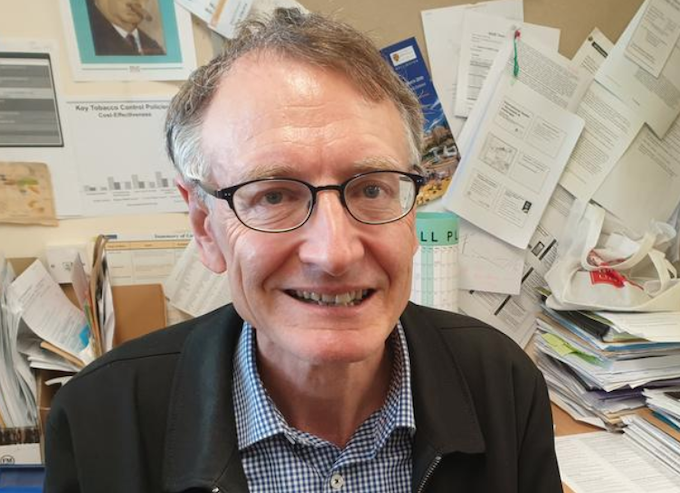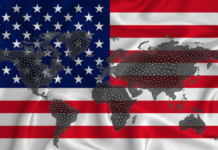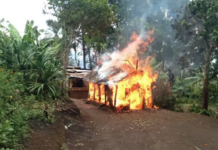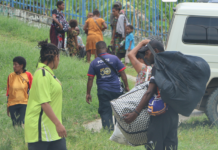
More moves to tighten the New Zealand’s borders may be needed on top of the decision to delay the start of the self-isolation scheme for Australian travellers, a professor of public health says.
Today, the government announced cabinet has decided to delay the self-isolation scheme.
Instead of travellers being allowed to self-isolate from January 17 the change will take effect from the end of February.
- READ MORE: 28 new community cases today, returnee who didn’t complete isolation left with child
- Other NZ covid outbreak reports
For those who had booked to come home to New Zealand from Australia from January 17, the government would work with airlines to ensure some MIQ space was available, Covid-19 Response Minister Chris Hipkins said at a media update.
Air New Zealand has already cancelled about 120 flights, mostly from across the Tasman, as a result of the changes.
The rapid spread worldwide of the omicron variant of covid-19 is the main reason for the policy rethink.
It is among changes announced today that include a vaccine rollout for five to 11 year olds from January and a reduction in the time to wait for booster shots — from six months to four months.
Public health experts welcome change
The changes are being welcomed by public health experts, with Professor Nick Wilson from Otago University saying that the delay in self-isolation was the most important.
He said temporarily turning down the tap on international travellers from countries with the worst omicron outbreaks (at least for two to three months) may also be needed.
New South Wales officials over the weekend noted omicron was now likely the dominant strain in the state’s third outbreak, in which today alone it recorded more than 3000 cases.
But Professor Wilson said the government may also need to:
- insist on rapid antigen tests at the airport for international travellers coming into Aotearoa;
- make more improvements to MIQ facilities in terms of ventilation and avoiding shared spaces such as exercise areas; and
- re-design the alert level system so that it can rapidly eliminate any outbreaks of the omicron variant that arise in the community.
“While there is still a lot of uncertainty around the omicron variant, especially the risk of severe disease, it is wise to try to keep it out of NZ as long as possible and until more is known about this variant,” Professor Wilson said.
No clear evidence of lower severity
Dr Matthew Hobbs, a senior lecturer in public health at the University of Canterbury, said he was concerned that a recent study from Imperial College London showed no clear evidence that omicron had lower severity than delta.
“Though it will be disappointing for many, through reviewing and postponing current border reopening plans, New Zealand has bought itself some much needed time while it works out how much of a problem omicron could be — like the last time we closed the Trans-Tasman bubble,” he said.
“It also provides us with a few more crucial months to get the booster shots up and roll out the paediatric vaccines.”
Dr Hobbs suggested the vaccination requirement for arrivals could be raised to three doses to reduce the risk of Omicron coming to New Zealand.
“More broadly, we also need to shift our domestic focus to a global perspective. The root of this issue is that the world isn’t doing enough to stop the spread of covid-19,” Dr Hobbs said.
“Wealthy countries around the world continue to hoard vaccines. This ultimately gives the virus more opportunities to replicate and mutate.
“Omicron should act as the wake-up call to ensure worldwide equitable vaccine delivery before even more concerning variants emerge.”
Omicron would ‘reach NZ quickly from Australia’
Professor Michael Plank, from Te Pūnaha Matatini and the University of Canterbury, said the rapidly growing omicron outbreak in New South Wales and its spread to other Australian states meant it would almost certainly get into the community in New Zealand within weeks if the country went ahead with border reopening plans in January.
“Delaying reopening plans to the end of February gives us a chance to keep omicron out until the majority of adults have received their third dose of the vaccine,” he said.
“Increasing the MIQ stay to 10 days and shortening the pre-departure test period from 72 to 48 hours are sensible ways to reduce the risk of the highly transmissible Omicron variant leaking out of MIQ. Adding a requirement for a rapid test on the day of the departure would be a useful extra measure.
“Hopefully these measures will keep omicron contained at the border. But if omicron does find its way into the community, the government has said it intends to use the red level of the traffic light system to try and control its spread.
“It’s unlikely this would be sufficient to prevent rapid spread of the variant if community transmission became established.
“Rolling out booster doses as quickly as possible is therefore essential to minimising the risk that omicron overwhelms our healthcare system.”
Hipkins also noted in the announcement today that the variant would spread quickly if it was in the community, and that public health advice suggested that soon every case coming into our border will be the omicron variant.
28 new covid-19 community cases
The Ministry of Health reported today there are 28 new cases of covid-19 in the community, and no new omicron cases in Managed Isolation and Quarantine (MIQ).
In a statement, the ministry said of the new cases, 21 were in Auckland, five in Bay of Plenty, and two in Taranaki.
There are 57 cases in hospital, 10 in North Shore, 25 in Auckland, 19 in Middlemore, one in Northland, and two in Waikato. Seven cases are in ICU or HDU (one in North Shore; two in Auckland; three in Middlemore, one in Northland).
The ministry has also revealed that a recent returnee who left Middlemore Hospital without discharge, after being transferred from MIQ, also took their young child with them.
The child was transferred in the ambulance with the parent because it meant they could not be left unattended in managed isolation due to their age.
Police are currently investigating the incident which happened early on Monday morning.
This article is republished under a community partnership agreement with RNZ. The public health comments in this report were put together by the Science Media Centre. Professor Michael Plank is partly funded by the Department of Prime Minister and Cabinet for research on mathematical modelling of covid-19.










































